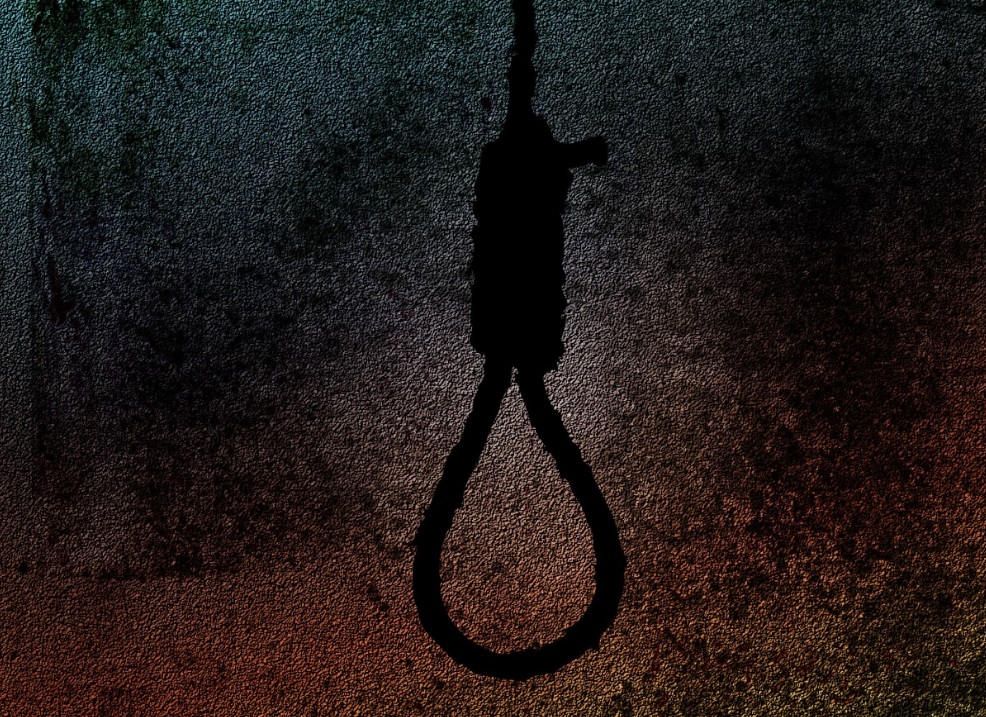Amnesty International Condemns Mass Executions in DRC's Angenga Prison
Calls for Immediate Moratorium on Death Penalty and an End to Inhumane Prison Transfers.

Amnesty International has expressed grave concern over reports of more than 170 individuals being transferred to Angenga prison in the Democratic Republic of Congo (DRC) for execution. The transfers come amid rising concerns over the lack of transparency and due process for those on death row.
Sarah Jackson, Amnesty International’s Deputy Regional Director for East and Southern Africa, denounced the situation as "appalling" and called on President Felix Tshisekedi to immediately halt plans for executions. "Parliament should adopt a moratorium on executions, pending full abolition of the death penalty," Jackson stated.
The organization also urged authorities to cease transferring prisoners to remote facilities like Angenga, notorious for harsh conditions that have led to detainees dying from starvation and disease.
Background on Prison Transfers and Death Penalty Resumption
On January 5, 2025, DRC’s Justice Minister Constant Mutamba announced that over 170 individuals aged 18 to 35, allegedly associated with urban gangs, had been transferred from Kinshasa to Angenga prison. The authorities claim the executions are part of an effort to combat rising urban violence, though no evidence supports the death penalty as a deterrent to crime.
This development follows the government’s controversial 2024 decision to resume executions after a two-decade suspension. Amnesty International reports a surge in death sentences issued by military courts, often through flawed judicial processes. Many individuals sentenced to death are alleged members of criminal gangs or armed groups, raising serious concerns about fairness and reliability.
Human Rights Violations
Amnesty International highlighted that:
- Many trials leading to death sentences lack adequate legal representation and fail to meet international fair trial standards.
- Prison transfers to remote locations like Angenga make it difficult for detainees to access legal counsel, family, and human rights monitoring.
- Past transfers to Angenga prison have resulted in detainee deaths from inhumane conditions.
Jackson emphasized that "no one should face the death penalty, a cruel and irreversible punishment that Amnesty opposes in all circumstances."
Broader Context: Urban Gangs and Government Crackdown
The DRC has seen rising urban violence attributed to gangs known as "Kulana" or "bandits." Authorities have responded with aggressive crackdowns, including mass arrests and the use of military courts to expedite convictions. Justice Minister Mutamba has previously threatened suspected gang members with the death penalty, even prior to their trials.
Despite these measures, there is no evidence to suggest that resuming executions will address the root causes of violence, which often stem from socioeconomic challenges and poor governance.
International Appeals
Amnesty International called on the global community to pressure the DRC to:
- Halt all executions immediately and impose a moratorium on the death penalty.
- Ensure fair trials for all detainees, in line with international human rights standards.
- Improve prison conditions and cease transfers to remote facilities that violate basic human rights.
The Way Forward
Amnesty reiterated its call for the abolition of the death penalty, urging DRC authorities to adopt long-term strategies to address urban violence without resorting to inhumane and ineffective measures. The international community must also step up support for human rights initiatives and advocate for systemic reforms in the DRC’s justice system.
Additional Note
Amnesty International has been monitoring the DRC’s human rights situation closely, including the treatment of detainees and the use of military courts. The organization continues to call for accountability and adherence to international human rights norms.
- READ MORE ON:
- Death Penalty
- Amnesty
- Sarah Jackson










